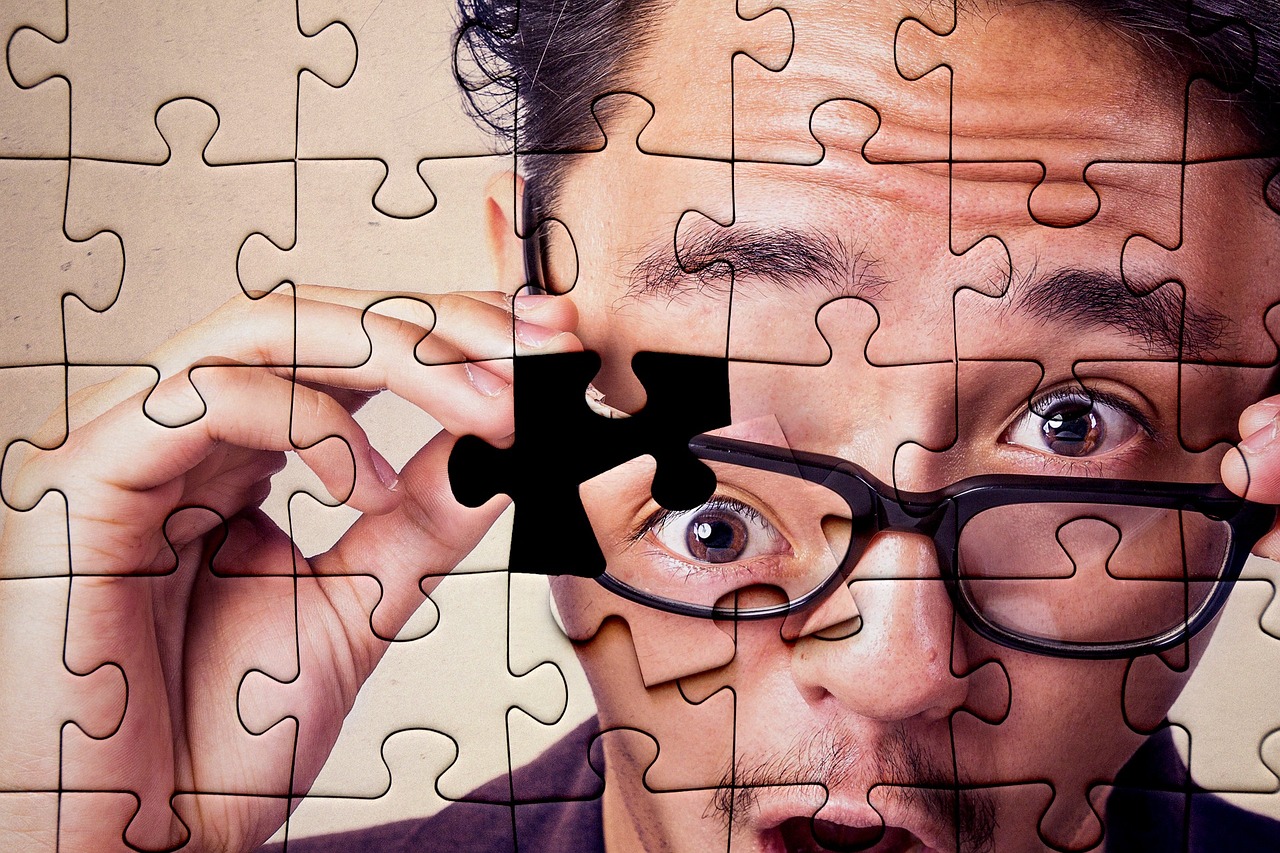Many are of the opinion that puzzles are only for the kids. However, puzzles or mental activities are quite beneficial for psychological as well as the physiological development in kids and adults alike. Activities that demand your patience and determination should be performed on a regular basis for good mental health. Here are some of the benefits of solving puzzles.
1. Think Outside the Box
Have you heard your boss advising your colleague to think outside the box? This situation is often faced by people who are in creative fields. Writers often face writer’s block and so does people working in the engineering field. They are asked by the seniors to tackle the problem using a different approach. Such problems could be minimized if people solve brain puzzles on a regular basis. Studies prove that puzzle-solving helps people think outside the box while making them solve problems through a different approach. People who indulge in puzzle-solving are seen to be utilizing a systematic approach. It even benefits their level of creativity in one manner or the other.
2. Give a Boost to the Mental Speed
Irrespective of age, puzzles have been benefiting mental health in several ways. It helps to enhance the memory and even the speed of thought of the individuals. Jigsaw puzzles are said to be the best for kids and adults alike. They are useful for enhancing short-term memories. Kids, as young as 6 months old, should be introduced to puzzles, appropriate to their age. It helps in the recollection of shapes, colors and figures. Adults can opt for Sudoku, crossword and the like.
3. Better Functioning of the Brain
Puzzles require logical reasoning, ability to judge and focus. This helps in enhancing the sense of understanding among the children and adults alike. When one solves a puzzle, different parts of the brain function together for arriving at the right solution. Teamwork gives good results, doesn’t it? So, goes for the brain too. Even when you indulge in arithmetic and geometry problem-solving, it will give a boost to your mental health. There are two types of approaches that a brain adapts. One is an isolated approach wherein different parts of the brain appreciate specific facet of the scene. While in a whole-brain approach, the result is effective and stands the ground. This is good for enhanced brain power as well.
4. Enhanced Motor Skills
When you indulge in puzzle-solving, the brain releases dopamine. Being a neurotransmitter, dopamine helps in enhancing motor skills and even increases the power of concentration. One needs to solve puzzles that are apt to the age and ability of the brain. Puzzle-solving is good for increasing the power of recollection and ultimately optimism and confidence. Release of dopamine helps in self-motivation. It even helps in enhanced attention. Hence, kids who are not able to focus are asked to solve puzzles. Dopamine even helps in memory and learning ability. It is even responsible for making a person social and extrovert. For this, choose a puzzle that challenges your brain.
5. Psychological Benefits
Puzzles do the double job of activating the brain cells and relaxing the mind at the same time. When one solves a puzzle and reaches a state of complete focus, the person goes into a meditative state. This means that a person attains tranquillity of mind. With this, the person bids goodbye to stress and even achieves productivity.
Also Read: How to Inculcate Exercise Habits in Your Kids and its Benefits
Selecting the Apt Puzzle
While you enjoy the puzzles that a 2-year old is playing, you need to choose one that is right for your age to gain the benefits mentioned above. However, while selecting a puzzle for a kid, make sure to match the same to his or her developmental milestones. Too easy or too difficult a puzzle can result in negative effects. Ultimately, whether for a kid or an adult, puzzles should be fun to solve rather than stress the mind.
For instance, kids who are younger than 3 years of age should not be given puzzles that have more than 10 pieces. For such kids, wooden knobs, pegs and the like are suitable. Repetitive movements help them develop fine motor skills. As they grow older, choose puzzles with more than 10 pieces but less than 35 pieces. For age 5, puzzles with 50-60 pieces are ideal while for age 7, one with around 100 pieces can be considered good. At this age, parents can introduce word searches and simple crossword puzzle too. At around age 10, logic puzzles can be given to the kids. They can even solve puzzles with 300 pieces. When they reach 12 years of age, introduce puzzles like Sudoku and 500 piece puzzles. Teens would love Rubik’s cube and other three dimensional puzzles along with one that has 1000 pieces.
In the End
Do not take puzzles lightly. Make sure that you inculcate the habits of puzzle-solving in your kids at a very young age. Puzzles are a great stress buster. Inculcate puzzle-solving in your daily routine for good mental health.
Do you want to discuss this article? Leave a comment below with your thoughts.
Photo credit: Pixabay
Love this article? Share it with your friends on Social media.








Leave a Reply